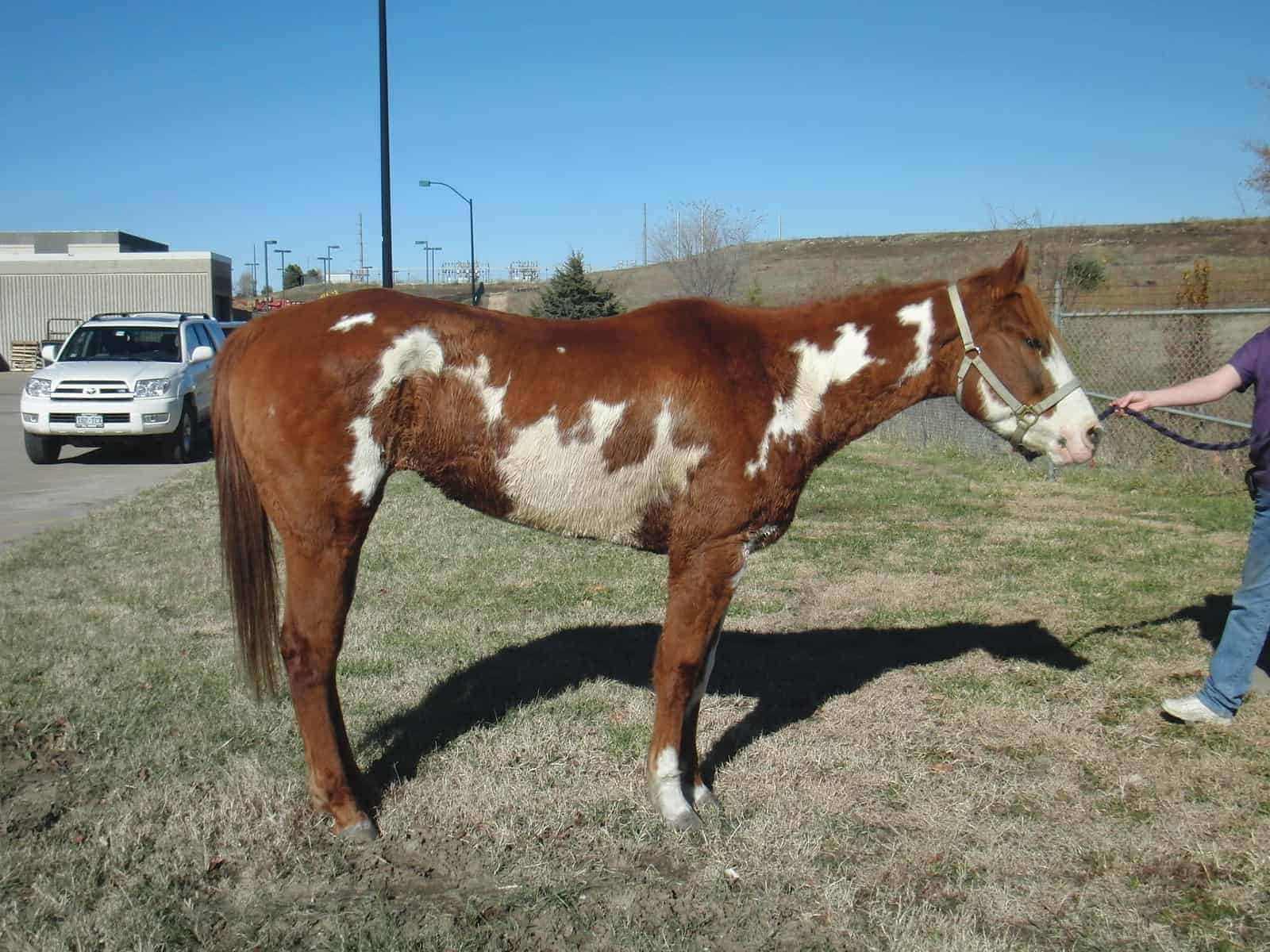Equine Motor Neuron Disease: What We Know

There’s something not right with your horse. He’s sweating, his muscles are twitching, and he can’t seem to stand still. He just looks uncomfortable. You call your veterinarian and suggest it could be colic, but at the 2012 Western Veterinary Conference, held Feb. 19-23 in Las Vegas, Nev., one researcher suggested another ailment to consider: equine motor neuron disease, or EMND.
Elizabeth G. Davis, DVM, PhD, Dipl. ACVIM, associate professor and equine section head at the Kansas State University College of Veterinary Medicine, explained that while the first cases of EMND were reported in 1990 by Divers and colleagues, researchers and veterinarians are still working to better understand both the etiology and the disease itself. She gave an overview of what we, as an industry, know about EMND and what we’re still working to figure out.
EMND Basics
Davis began by describing the EMND-affected horse and relaying what is known about potential disease causes. Affected horses, she said, appear thin due to a loss in muscle mass. These horses often stand in a “camped under” stance, hold their heads in a relatively horizontal position, and have an elevated tail carriage
Create a free account with TheHorse.com to view this content.
TheHorse.com is home to thousands of free articles about horse health care. In order to access some of our exclusive free content, you must be signed into TheHorse.com.
Start your free account today!
Already have an account?
and continue reading.

Written by:
Erica Larson
Related Articles
Stay on top of the most recent Horse Health news with















